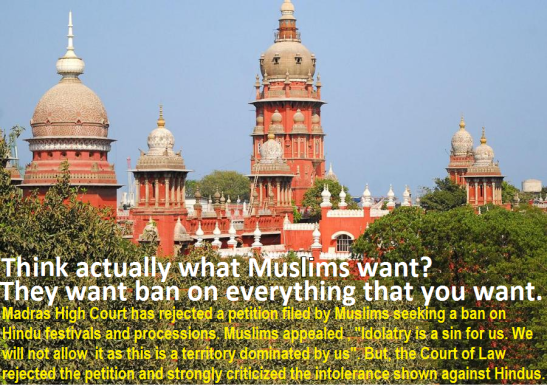Muslims in Iran celebrated Nowruz, a Zoroastrian New Year celebration, with pomp and show! The vibrant celebration shows that Muslims can transcend religious hardlines to pay homage to their roots.
However, Iran’s celebrations underscore the attitude of Indian Muslims towards Sanatani festivals. Their active rejection of the festivals of Bharat showcases their desperation to prove loyalty to Islam. Let’s explore their dichotomy between preserving heritage and religious identity.
Iran’s Nowruz: A Testament to Cultural Continuity
Nowruz celebrations tonight over Si-O-Seh Pol, Isfahan, Iran. pic.twitter.com/TmAqaPxdE9
— Matteo (@Dayotchanculle) March 21, 2024
Nowruz is the Persian or Parsi New Year. The Parsi community in India and abroad marks this day as the first day of their solar calendar. The dwindling population of Persians still follow their customs and uphold their legacy with pride. Despite their conversion to Islam, Iranians celebrate Nowruz as a testament to the enduring legacy of ancient Persia. To them, Nowruz retains its significance and is celebrated fervently across the country.
This celebration embodies cultural pride and the continuity of civilizational identity. It is a unifying force that transcends religious beliefs. Iranians embrace Nowruz as an integral part of their identity, and honor, and celebrate their Zoroastrian heritage amidst their Islamic faith.
Indian Muslims and Cultural Reluctance

In stark contrast to the Iranian example, Indian Muslims exhibit a reluctance towards embracing Sanatani festivals.
Festivities like Holi, Sankranti, Ramnavami, Durg Puja, and Ugadi celebrate not just Sanatana Dharma but denote the roots of Bharat’s civilization. However, wearing a Kalawa, playing Holi, and celebrating Diwali are ignored by the Indian Muslim community. Does this not symbolize their identity crisis?
Radicals today attacked Hindu students and misbehaved with female students who had organized Holi celebration at Aligarh Muslim University (AMU). pic.twitter.com/Z49n694gQA
— Megh Updates 🚨™ (@MeghUpdates) March 21, 2024
Muslims of Bharat desperately try to separate themselves from their Sindhu-Saraswati civilization truths. They would rather try to link their cultural identity to the invaders that propagated Islam by the sword than acknowledge their Sanatani heritage. Additionally, several Indian Muslims perceive participation in Hindu festivals as a betrayal of Islamic principles. Unfortunately, they are encouraged to view everything through a religious lens. Islamic leaders almost prohibit them from appreciating their cultural significance.
Heritage And Identity: A Tale of Two Nations

The contrasting approaches of Muslims to their heritage present a glaring truth about Islam in Bharat. Iranians maintain Persepolis the ancient capital of Zoroastrian Persia. While Indian Muslims engage in stone-pelting on religious processions and violence against Hanuman Chalisa. Iran, for all its faults and its staunchly Islamic government, still pays reverence to its cultural heritage and civilization identity. despite the Islamic governance.
In contrast, Bharat’s Muslims reject Indian culture, Sanatni festivals, and Hindu heritage.
The celebration of Nowruz symbolizes pride in cultural heritage in the Islamic nation Iran. It encourages cultural continuity despite religious transformation. Conversely, Indian Muslims’ reluctance to embrace Sanatani heritage and civilizational truths highlights their twisted thinking. Festivals of Bharat pay respect to their millennia-old culture. Indian Muslims must learn to distinguish between heritage and religion. They must learn to stop looking for commonality with Islamic invaders to prove their allegiance to their faith. Religion and cultural heritage can be converged to enrich Bharat’s society, provided Muslims of Bharat wake up from their Islamic delusions. Let Nowruz in Iran be an example from which Indian Muslims learn the essential lesson of honoring their heritage!


